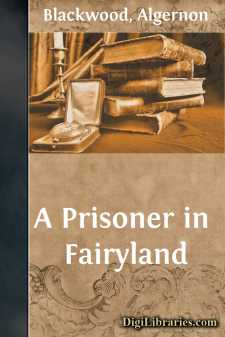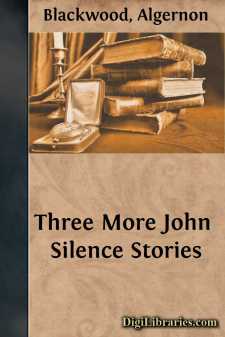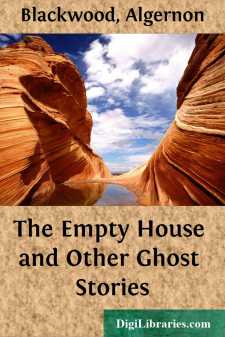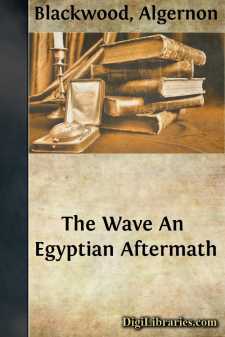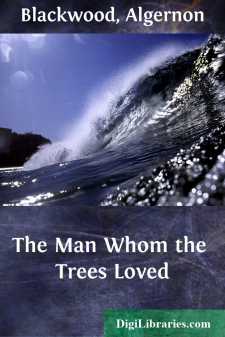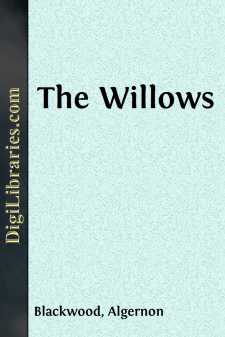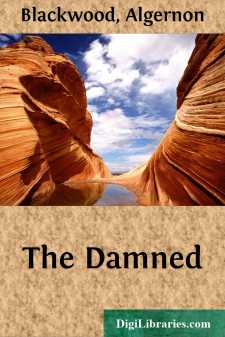Categories
- Antiques & Collectibles 13
- Architecture 36
- Art 48
- Bibles 22
- Biography & Autobiography 813
- Body, Mind & Spirit 142
- Business & Economics 28
- Children's Books 17
- Children's Fiction 14
- Computers 4
- Cooking 94
- Crafts & Hobbies 4
- Drama 346
- Education 46
- Family & Relationships 57
- Fiction 11829
- Games 19
- Gardening 17
- Health & Fitness 34
- History 1377
- House & Home 1
- Humor 147
- Juvenile Fiction 1873
- Juvenile Nonfiction 202
- Language Arts & Disciplines 88
- Law 16
- Literary Collections 686
- Literary Criticism 179
- Mathematics 13
- Medical 41
- Music 40
- Nature 179
- Non-Classifiable 1768
- Performing Arts 7
- Periodicals 1453
- Philosophy 64
- Photography 2
- Poetry 896
- Political Science 203
- Psychology 42
- Reference 154
- Religion 513
- Science 126
- Self-Help 84
- Social Science 81
- Sports & Recreation 34
- Study Aids 3
- Technology & Engineering 59
- Transportation 23
- Travel 463
- True Crime 29
A Prisoner in Fairyland
Description:
Excerpt
CHAPTER I
Man is his own star; and the soul that can
Render an honest and a perfect man
Commands all light, all influence, all fate,
Nothing to him falls early, or too late.
Our acts our angels are, or good or ill,
Our fatal shadows that walk by us still.
BEAUMONT AND FLETCHER.
Minks—Herbert Montmorency—was now something more than secretary, even than private secretary: he was confidential-private-secretary, adviser, friend; and this, more because he was a safe receptacle for his employer's enthusiasms than because his advice or judgment had any exceptional value. So many men need an audience. Herbert Minks was a fine audience, attentive, delicately responsive, sympathetic, understanding, and above all—silent. He did not leak. Also, his applause was wise without being noisy. Another rare quality he possessed was that he was honest as the sun. To prevaricate, even by gesture, or by saying nothing, which is the commonest form of untruth, was impossible to his transparent nature. He might hedge, but he could never lie. And he was 'friend,' so far as this was possible between employer and employed, because a pleasant relationship of years' standing had established a bond of mutual respect under conditions of business intimacy which often tend to destroy it.
Just now he was very important into the bargain, for he had a secret from his wife that he meant to divulge only at the proper moment. He had known it himself but a few hours. The leap from being secretary in one of Henry Rogers's companies to being that prominent gentleman's confidential private secretary was, of course, a very big one. He hugged it secretly at first alone. On the journey back from the City to the suburb where he lived, Minks made a sonnet on it. For his emotions invariably sought the safety valve of verse. It was a wiser safety valve for high spirits than horse-racing or betting on the football results, because he always stood to win, and never to lose. Occasionally he sold these bits of joy for half a guinea, his wife pasting the results neatly in a big press album from which he often read aloud on Sunday nights when the children were in bed. They were signed 'Montmorency Minks'; and bore evidence of occasional pencil corrections on the margin with a view to publication later in a volume. And sometimes there were little lyrical fragments too, in a wild, original metre, influenced by Shelley and yet entirely his own. These had special pages to themselves at the end of the big book. But usually he preferred the sonnet form; it was more sober, more dignified. And just now the bumping of the Tube train shaped his emotion into something that began with
Success that poisons many a baser mind
With thoughts of self, may lift—
but stopped there because, when he changed into another train, the jerkier movement altered the rhythm into something more lyrical, and he got somewhat confused between the two and ended by losing both....


